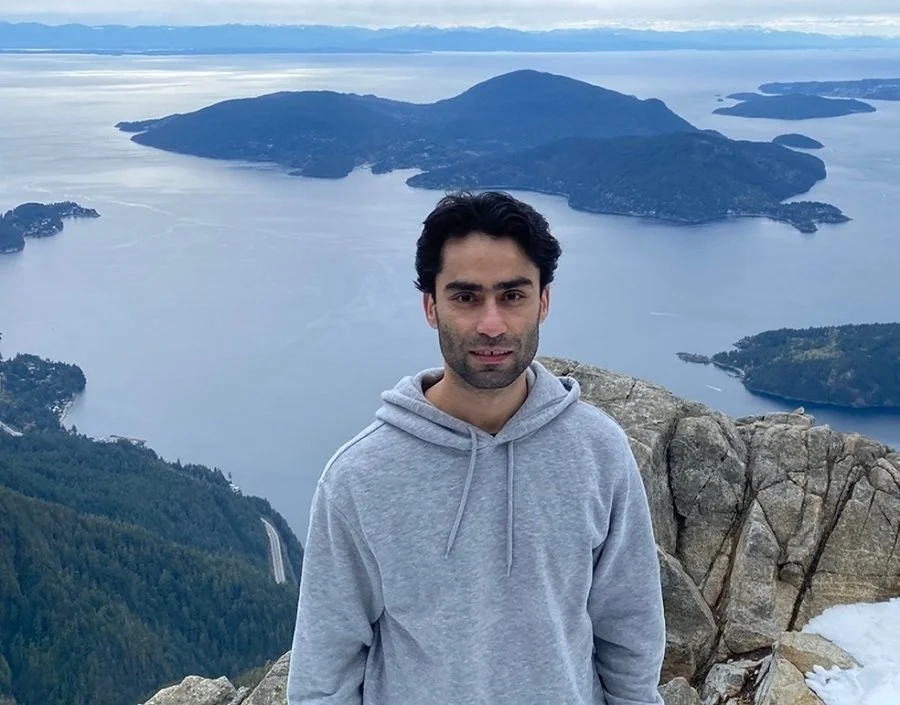Mohsen Ghanbari
Postdoctoral Fellow in Geography, University of Victoria
PhD, Systems Design Engineering, Vision and Image Processing
Lab, University of Waterloo, Ontario, Canada
MSc, Remote Sensing, Khajeh Nasir Toosi University of Technology, Iran
BSc, Geomatics Engineering, University of Tehran, Iran
Contact
My previous experience includes the development, implementation, and optimization of machine learning-based algorithms for processing remote sensing images to extract useful information through image segmentation, classification, and change detection. I have also been involved in the development, implementation, and optimization of algorithms for satellite systems. My previous research has mainly focused on synthetic aperture radar (SAR) satellites and SAR image processing.
Currently, as a postdoctoral fellow in the SPECTRAL lab, co-supervised by Dr. Maycira Costa (Department of Geography) and Dr. Neil Ernst (Department of Computer Science), I am focused on developing machine learning methods for kelp mapping. In partnership with VERTEX Resource Group and the Hakai Institute, I am working on creating software that leverages deep learning approaches to determine the aerial extent of floating kelp using optical satellite images. The software, called Satellite-based Kelp Mapping (SKeMa), will be primarily used by the First Nations in British Columbia to monitor kelp in their marine Traditional Territories.
In line with the Space Strategy for Canada and Canada's Strategy for Satellite Earth Observation, this project aims to use Space-Based Earth Observation (SBEO) satellite images to aid First Nations in monitoring critical kelp ecosystems impacted by climate change. The active participation of the First Nations in the software development process will be crucial to ensure the final software is as user-friendly as possible. The developed framework will significantly enhance the use of SBEO imagery by the First Nations, enabling them to monitor essential habitats for Pacific salmon, a species of ecological, cultural, and economic significance in British Columbia. Furthermore, it will help identify key conservation areas, potential sites for kelp restoration, and planning for wild kelp harvest and aquaculture, contributing to the Blue Economy.
This project integrates interdisciplinary knowledge in ocean science, remote sensing, machine learning, community engagement, resource management, and SBEO industry experience. These elements collectively support SBEO capacity development, addressing the needs of Canada's space-related and technology sector.

